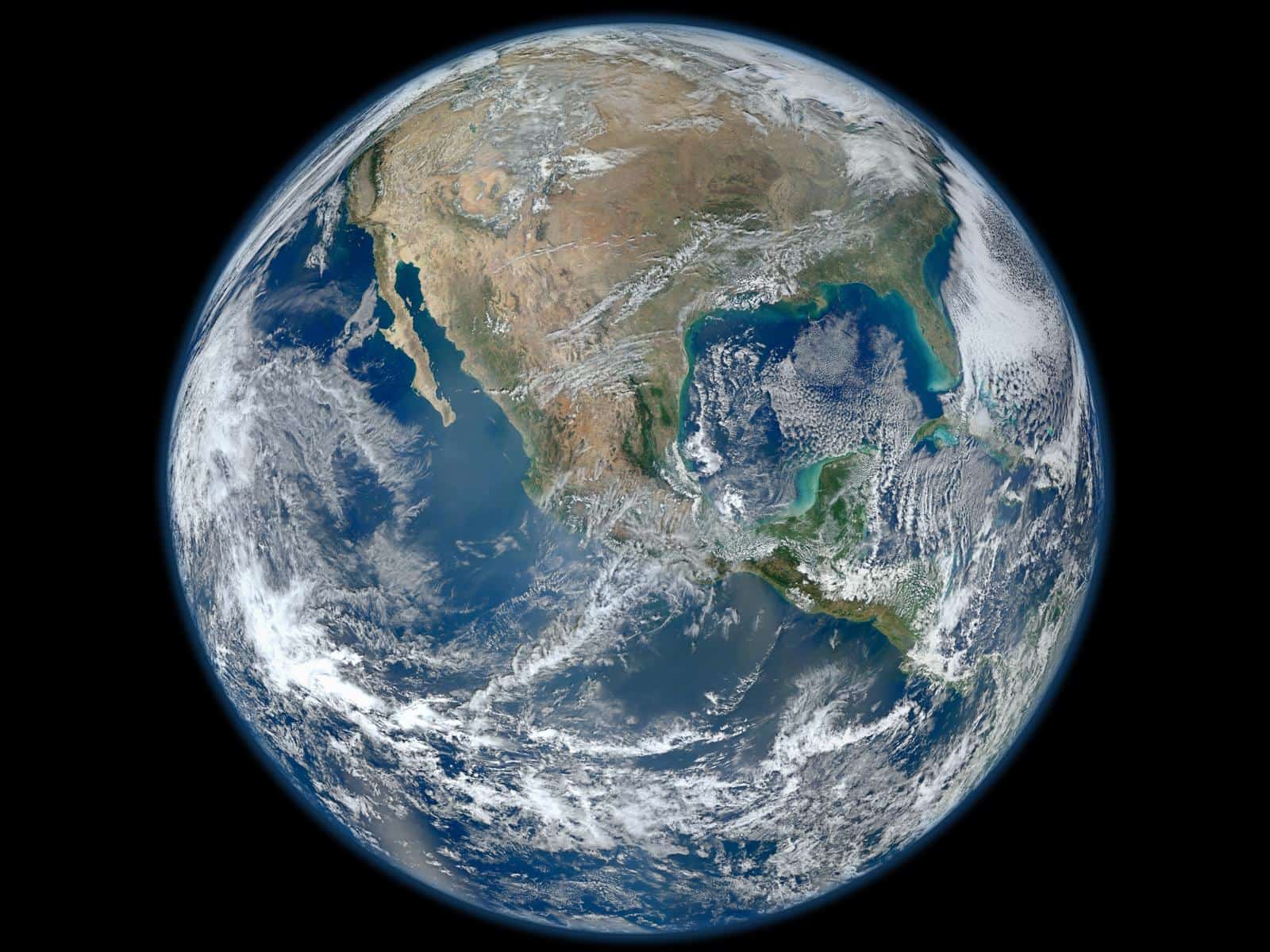With the Coronavirus grabbing all the media headlines, it has covered up a more prolonged crisis that had been slowly gaining traction in the press. Over the last several years, news coverage of climate change and its impacts were heightening public awareness and rapidly building pressure on elected officials and industries to take accountability for the climate. In early 2020, Oregon approached a tipping point. Oregon governor Kate Brown ordered a reduction in carbon emissions after the landmark climate bill stalled. In Portland, mayor Wheeler prepared his own climate emergency resolution. The city council moved to oppose the rose quarter freeway and Zenith oil terminal expansion.
Yet when the pandemic hit, the momentum halted. City advocates quickly allowed the freeway expansion to go through and have taken no further action on Zenith. Meanwhile, the EPA halted regulation, and national bailouts aim to preserve polluting industries. Construction on the Jordan Cove and Coastal GasLink pipelines continues even as the resistance led by local and indigenous people is stymied.
The coronavirus and its effects on the economy impact those already struggling under a failing system. The pandemic is revealing cracks in the social safety net created by the same system that has failed to defend the climate. The human and planetary effects are intimately connected: as climate change pushes animal habitats into closer contact with humans, diseases like COVID-19 will become more common. The focus on profits over people and over the environment fuels both these crises while whittling away at the capacity for relief.
As the response to the pandemic highlights the flaws in the current system, we would do best to remember the bigger picture. Long after we have flattened the curve on COVID-19, the curve of climate change will still be rising. We cannot afford to lose our progress and our momentum towards saving the environment and building resilience for future disasters. As we approach the 50th anniversary of Earth Day on April 22nd, please remember our obligation to our future generations, as well as to each other.

